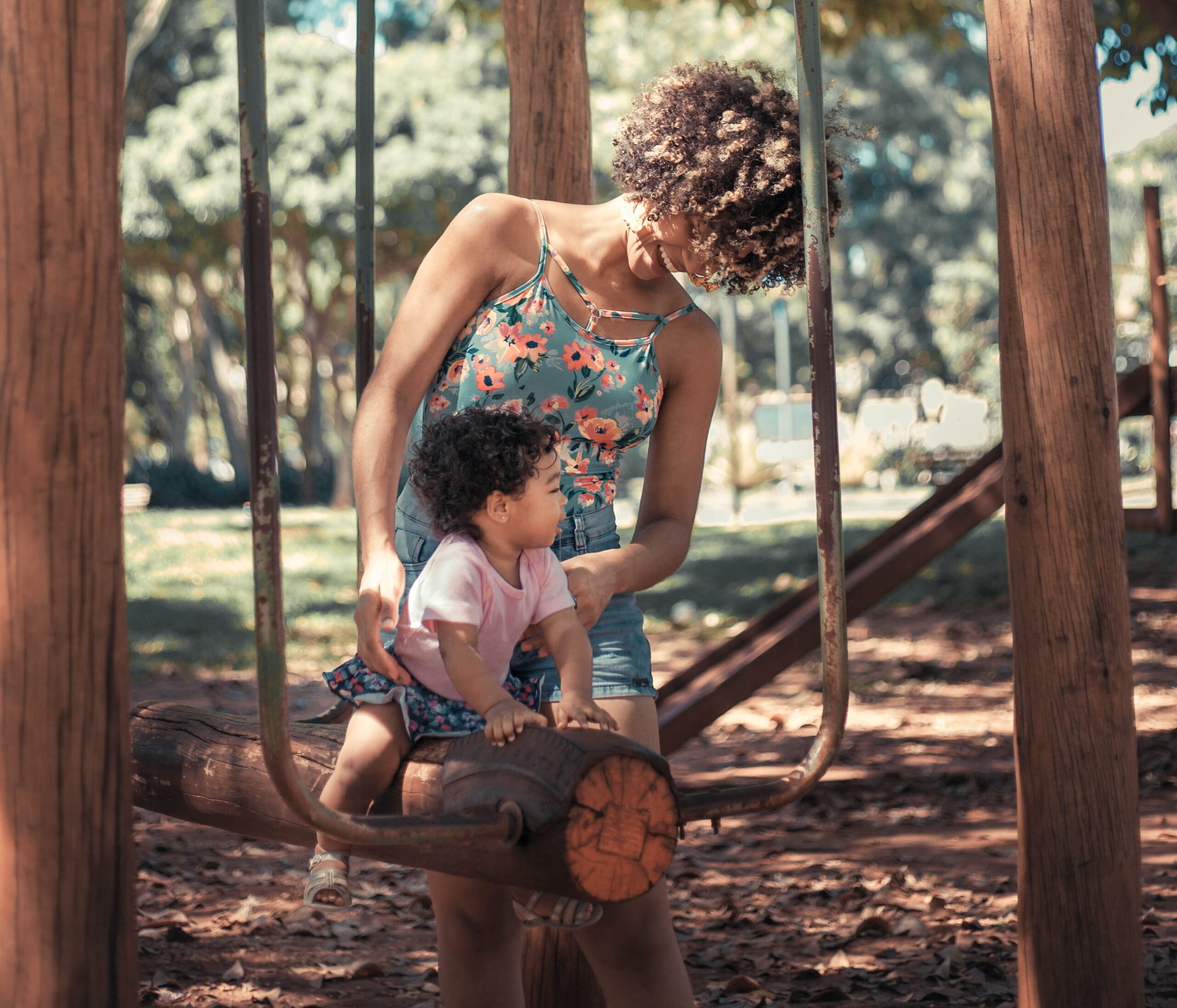Summer is often a time when teenagers take major strides towards independence. They may start their first job, land an internship, volunteer with a charity, or visit college campuses to plan for the future. However, with the current COVID-19 pandemic reshaping the entire world right now, many teens have had to put their traditional summer plans on hold. Parents, too, will need to rethink their approach to technology when it comes to guiding and supporting their adolescents through these difficult and uncertain times.
HIT RESET
Neuroscientists have found that roughly 60-90 minutes of heavy technology use creates a major overload in the brain, and an overloaded brain simply doesn’t work as well as a calm one. Luckily, the cure is easy. TAKE BREAKS. A short break, even as few as 10 minutes, is like hitting “reset” for your body.
Brain scans show us that exercising, taking a walk outside in nature, talking to a friend in person, working on a crossword puzzle, listening to music, and, in fact, any activity that takes your mind away from your devices can be beneficial. Stepping away for 10-15 minutes every hour or so will help “reset” your overloaded brain so you can function more smoothly and effectively. – Larry Rosen, PhD, Professor Emeritus and Past Chair of the Psychology Department at California State University, Dominguez Hills
CONNECT AND COPE
Remember when you were a teenager, on the edge between childhood and adulthood? Your mind and body felt ready for more grown up things, but part of you longed for the safety and security of childhood. As teens, we feel so much, and it can be difficult for many to put these feelings into words or to know when and how to share them. Imagine being a teen today when there is so much to feel. Take advantage of the time when you and your teen(s) are in the house together. Think of a movie that explores some of the feelings your teen might be feeling. Watch together and ask them questions about what the characters in the stories were going through, how the characters felt, and what they think the character did right or could have done differently.
Be open to all their explorations and listen. The movie you choose might be about a crisis, about a cultural revolution, or just about being a human being dealing with big things. Also, try some fantasy and comedy to visit times and places that bring feelings of calm and spark the imagination. Let them choose some shows or films to show you, as well, and ask why they like them. Stories help us focus on problems and solutions in a space where the consequences aren’t ours. They help us move through difficult feelings and consider how we want to be in the world. I hope that some of these experiences with your kids can end up creating silver linings in your family’s shared memories of this moment in history. – Karen Shackleford, faculty member in the Media Psychology doctoral program at Fielding Graduate University, and Incoming Editor of Psychology of Popular Media
INDEPENDENCE DAY
Teens need opportunities to exercise their emerging sense of independence, which can be difficult to do when most of their time is spent at home. This summer, help them find (safe) ways to get out of the house and do something without you. It could be as simple as hanging out with friends, or it could be more involved, like participating in a social cause they care about. Whatever the activity, the key thing is that it’s theirs. – Katie Davis, Associate Professor, University of Washington Information School
STAY CONNECTED
Cut your teens (and yourself) some slack, and let your kids connect with their friends online. An important part of being an adolescent is learning about friendships, and in a COVID world this is happening increasingly online. If your teen is a gamer, let them play extra Fortnite with their friends, or if they love social media, encourage them to reach out, create, and connect on TikTok and Snapchat. Luckily, the research shows that most kids are not negatively harmed by this kind of social connection, but of course be sensitive if your teen seems to be exhibiting any extra anxiety from the additional screen time. Make sure they balance screen time with family time and physical activity (which these days can also involve screens), but don’t worry too much, especially if they are using these platforms to socialize. As one teen said pre-COVID, “I’m not addicted to technology, I’m addicted to my friends.” And that’s a good thing! — Yalda T. Uhls, Ph.D, Author, Media Moms & Digital Dads: A Fact not Fear Approach to Parenting in the Digital Age, Founder, UCLAs Center for Scholars & Storytellers
REST IS BEST
For good mental and physical health, it’s vital that adolescents receive 8-10 hours of uninterrupted sleep per night. A lack of quality rest puts teens at a far greater risk for anxiety, depression, impaired learning, poor diet and obesity. Teens have an extended circadian rhythm, which means they’re susceptible to staying up and sleeping in later, especially if they engage in screen media at night and don’t have structured activities to get them out of bed in the morning. Unchecked, adolescent sleep patterns during the summer can quickly become completely deregulated and dysfunctional.
Many teens need parental intervention to maintain healthy sleep habits. Often the best thing that parents can do for the health of their adolescents is to ensure that they get out of bed by 8 AM and stay out of bed during the day. Parents should also consider completely eliminating screen media from their teen’s bedroom, which will keep help keep the teen out of their bed during the day and help ensure that their devices don’t keep them up or wake them up late at night. Getting adolescents out of bed in the morning can be a challenge, but it can be helpful to gradually open window shades in the morning and let natural light into the room, which helps teens wake up and resets their circadian rhythm correctly. Teens typically don’t appreciate this type of structure being put into their day, but it can do wonders for their health and well being. – Paul Weigle, MD, American Academy of Child & Adolescent Psychiatry’s Media Committee Chair
Photo by Dương Nhân from Pexels



